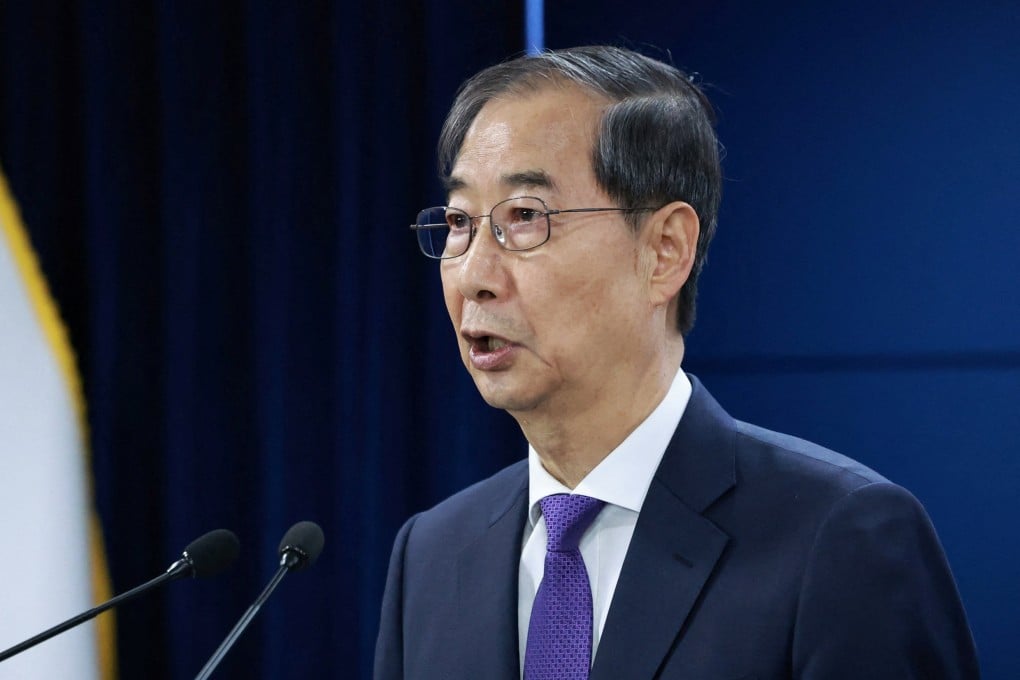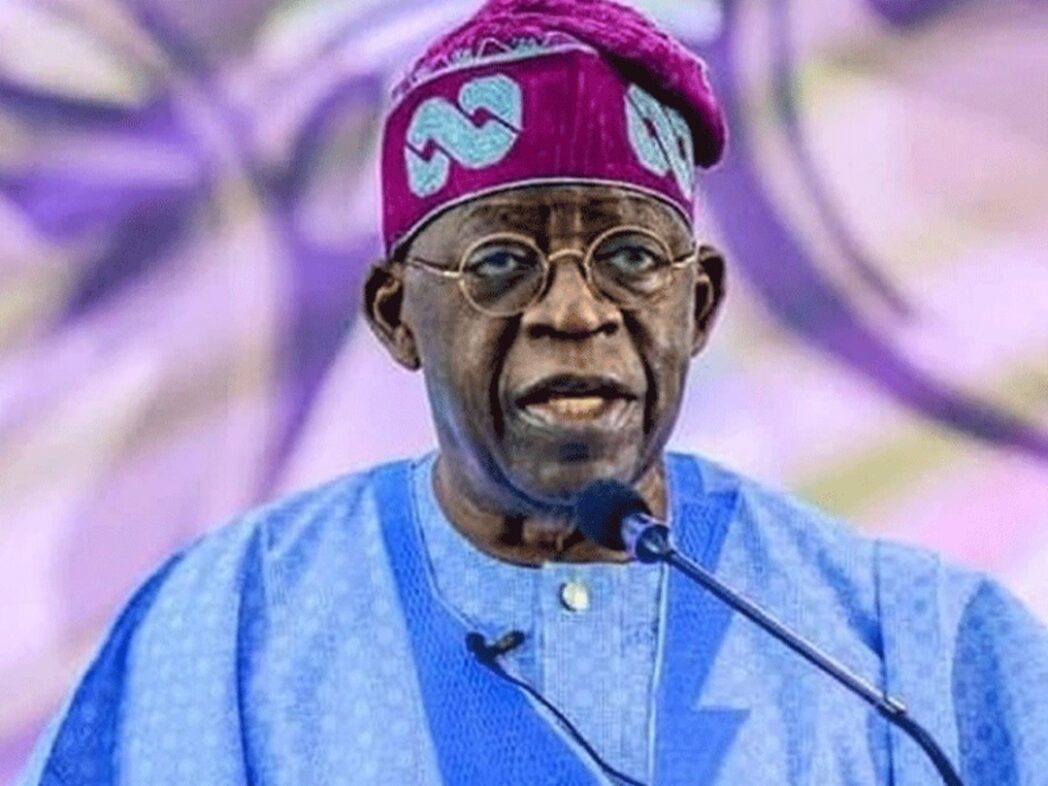President Donald Trump's tariff policy has received numerous criticisms from various parties, including several Nobel Prize laureates, for being against the economic principles of free trade. The policy would surely bring havoc to both the US and the world economies. The financial markets were quick to agree, causing Mr Trump to hold the tariff increases for 90 days and allow zero tariffs on certain computer products.
The markets temporarily calmed down, but they have been damaged. The Dow Jones Industrial Average Index has lost 5.3% of its value, and the US dollar has depreciated about 4% against major currencies.

If the tariff increase were to be a lose-lose strategy, why would Mr Trump follow such a "shot-in-the-foot" policy? His popularity is now at rock bottom. Does he not know that the US constitution provides several means of quick impeachment? Or does he have specific reasons for doing so, which many quietly agree with, including the IMF and the World Bank? This is not the first time that Mr Trump has raised tariffs on imports. During his first term as president, he increased tariffs on Chinese imports from 3.
0% to 19.3%. His successor, President Joe Biden, did not attempt to lower them but left the tariff rate untouched.
I have a theory that Mr Biden agreed with the rate but lacked the guts to raise it further. Mr Trump was voted back into the Oval Office for a second term and, sure enough, he continued his job of raising tariffs to "Make America Great." This time, it is not only Chinese imports that are targeted, but all imports coming into the United States.
Has Mr Trump gone mad? Or did something so bad happen during Mr Biden's administration that Mr Trump felt compelled to correct it, even at a high political and economic cost? The evidence is in the attached table of the US's twin deficits. Mr Trump left office on Jan 20, 2021. The US's twin deficits worsened during his administration but were still within the acceptable range, particularly the current account deficit.
One must partly thank his tariff hike on Chinese imports. But look at the twin deficits after Mr Biden left office. If the twin deficits were allowed to continue at such pace, the US economy would surely risk bankruptcy by 2029.
The 2029 columns are my estimates of the likelihood of Trump and No-Trump effects. Mr Trump would cut the current account deficit by raising import tariffs to lower imports while persuading (forcing?) other countries to purchase more US products. This is a standard formula to narrow a trade deficit.
Tax income from increased tariffs, estimated to be US$660 billion (22 trillion baht), would be used to narrow the fiscal gap. Without Mr Trump's tariff madness, the US is likely to continue running a fiscal deficit, reaching $2.63 trillion by 2029, and allowing the current account deficit to widen further to $1.
93 trillion. The world economy would become very unstable then. As William Shakespeare said in his play Hamlet "What's done cannot be undone.
" Whatever the causes of twin deficits might be, it was Mr Trump's job to fix them. I read that soaring interest costs on the government's debt, expanded welfare programmes, and student debt transfers were the main contributors to the four-year spending surge under Mr Biden's administration. No wonder Mr Trump emphasises the need to lower US interest rates.
Regarding the widening current account deficit issue, the IMF pointed out that a slower Chinese economy following the real estate bust, coupled with a buoyant US economy benefiting from a high fiscal deficit, prompted China to export more of its products to the US. With all the excess capacity to produce and 700 million workers to care for, the products must go somewhere. The US provided the perfect answer -- an insatiable appetite with a bottomless wallet.
Hence, the 2.6 times rise in the current account deficit from 2019 to 2024. Mr Trump shows no concern for economic theories or Nobel Prize laureates.
This is how he determines to fix the exploding twin deficit problem -- by having others pay for it. Please go back to the table. In the provided example, readers will notice that, by 2029, the US deficit would be lowered by $660 billion if Mr Trump stays until the end of his second term.
This $660 billion would come from a 20% increase in customs duties. In 2024, US imports of goods were valued at $3.3 trillion, and 20% of that is $660 billion.
Mr Trump has already received half of the money by imposing a 10% universal tariff on all imports coming into the US. The rest would come from the collection of reciprocal tariffs. If I read Mr Trump's mind correctly, that he only wants a 20% average tariff increase, countries still have some room to negotiate on reciprocal tariff rates.
All negotiation teams should note that the key point of the negotiation is how bad your country has become as a Chinese export front. In 2024, the US had a trade deficit of $918 billion with the rest of the world, while China had a trade surplus of $992 billion. Basically, in the current global trade game, there are only two real players.
China sells while the US buys. The US has a direct trade deficit of $295 billion with China and an indirect trade deficit of $623 billion with other countries. Raising tariffs only on China, as Mr Trump did in his first term, would not win the trade game, as China would channel its products through other countries.
I am sure the issue of fronting for Chinese products would be a prime topic to discuss at reciprocal tariff rate meetings. I have heard rumours the negotiation session with Thailand has been indefinitely postponed because Thailand does not address the fronting issue. Since the US seems to be the final buyer of global products, Mr Trump has the absolute upper hand in this negotiation.
I see no reason why a country like China can win a trade war against the world's biggest buyer. It is not only the US-China deficit of $295 billion that is of concern here. It is the US-world deficit of $918 billion that gives the US the upper hand.
On the specific issue of US-China trade, first, the US imports $439 billion of goods from China, while China imports only $144 billion of goods from the US. Second, US imports from China generate 18 million jobs for Chinese workers, while China's imports from the US create only 0.82 million American jobs.
Those 18 million Chinese have been out of work for a month now. Third, China faces excessive manufacturing capacity and cannot afford to have low global sales amid weak domestic demand. The tariff strategy would undoubtedly hurt the American economy and consumers, including Mr Trump's current popularity.
However, as seen in the table, the "No Trump" option is a guaranteed formula for a mega-disaster on the scale of the 1930s Great Depression. If one wants to see long-term stability in the world economy, as the IMF and the World Bank do, one would not want to stop Mr Trump. Chartchai Parasuk, PhD, is a freelance economist.
.
Politics

Trump's tariff trade war is no accident

President Donald Trump's tariff policy has received numerous criticisms from various parties, including several Nobel Prize laureates, for being against the economic principles of free trade.















